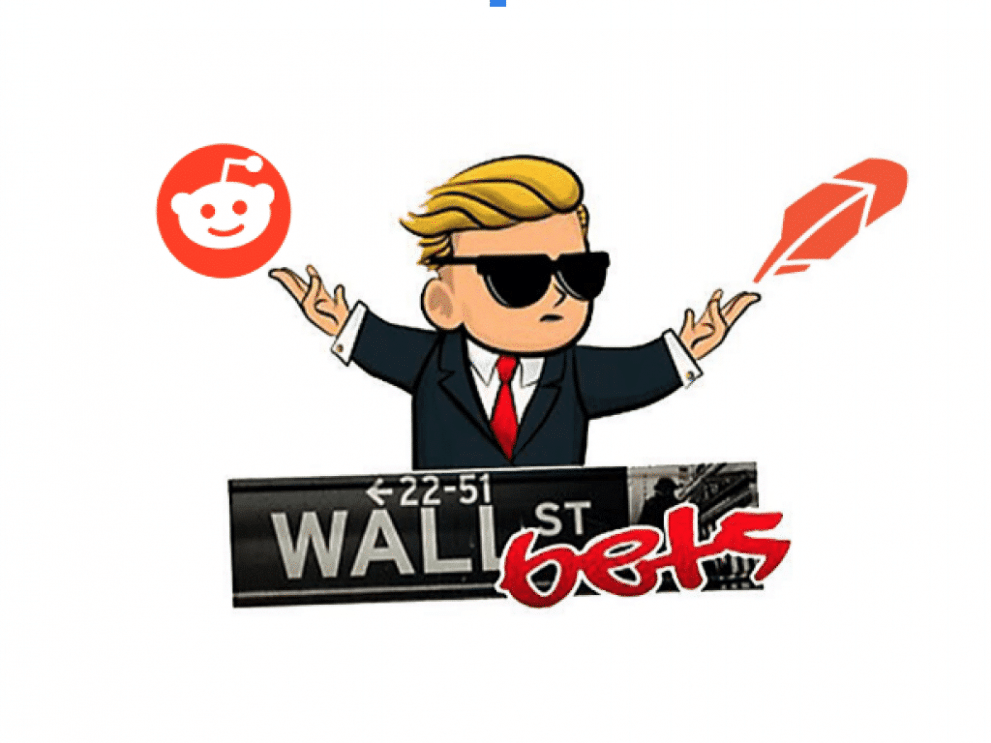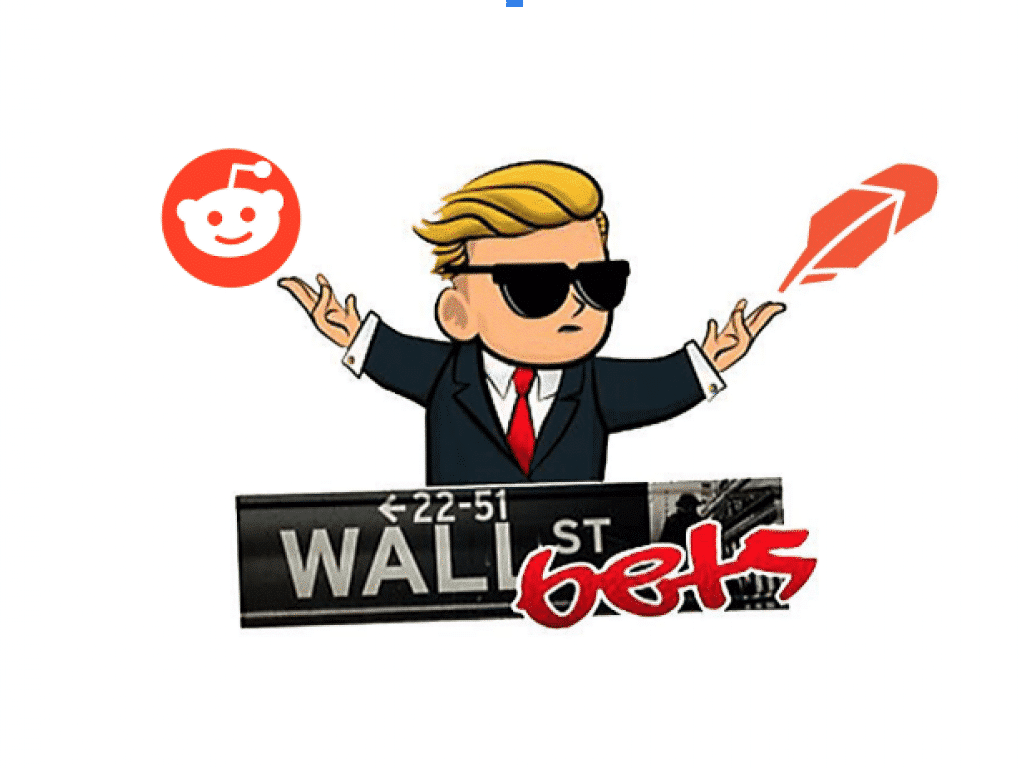
 The stock may be up but should that alone justify the bloated executive compensation packages at BlackBerry (BlackBerry Stock Quote, Chart, News, Analysts, Financials TSX:BB), whose share price has been caught up in the so-called meme stock mania this year?
The stock may be up but should that alone justify the bloated executive compensation packages at BlackBerry (BlackBerry Stock Quote, Chart, News, Analysts, Financials TSX:BB), whose share price has been caught up in the so-called meme stock mania this year?
A recent report from US-based shareholder advisory firm Glass Lewis gave BlackBerry’s executive pay plan a grade of “F”, saying much of the jump in share price over the past half-year hasn’t been caused by anything achieved by management or the company and thus the rewards currently being doled out under the compensation plan’s share performance hurdles are unjustified.
“Based on the company’s share price performance over the past fiscal year — prior to January 2021 the price hovered around $5 and peaked around $8.50 it appears to us that these tranches were earned as a result of the company’s sudden share price increase concurrent with the retail trading phenomenon observed in January 2021, which was characterized by extremely volatile trading patterns of shares in certain publicly traded brands, most famously GameStop,” says the Glass Lewis report, as reported by BNN Bloomberg on Wednesday.
BlackBerry, which will hold its annual general meeting on June 23, followed by first quarter fiscal 2022 financials on June 24, first started spiking in mid-January along with a small number of heavily shorted US stocks that found favour with retail investors intent on using social media sites like WallStreetBets on Reddit to pump up the value of names like GameStop, Bed Bath & Beyond and cinema chain AMC.
BlackBerry climbed from $10 to over $30 within a few trading days before quickly falling back to about $15.00 by mid-February. Since then, the stock had been sliding back towards $10.00 but was buoyed again in early June to $16-$17 on little to no news. (All figures in Canadian dollars except where noted otherwise.)
Glass Lewis is advising investors to vote against BlackBerry’s executive pay plan, saying the plan could result in CEO John Chen receive $106 million in performance share units (PSUs) and and restricted share units (RSUs) as well as a $90-million cash incentive.
“[Glass Lewis] say that the company has paid more to executives than its peers but performed significantly worse,” said BNN Bloomberg’s Amber Kanwar in a report on Wednesday.
“They say that recently about $42 million has been unlocked in performance stock units but not all of the performance criteria were met. Three out of five criteria were met but one of them was, of course, how the stock has done, and so far in 2021 shares are up more than 100 per cent. It’s been a volatile ride,” Kanwar said.
Glass Lewis also advised investors to withhold their vote on Prem Watsa, CEO of Fairfax Financial, which has an eight per cent stake in BlackBerry along with bonds convertible into BB shares at $6 a share, which if converted would double Fairfax’s stake in BlackBerry.
This is not the first time BlackBerry’s executive compensation has been under the lens. In 2018, shareholders approved a pay package that involved a potential US$400-million in payouts to Chen, including a performance-based cash award that would kick in if and when BB’s shares reach US$30 on the NYSE at any time before November 3, 2023. BlackBerry got as close as US$28.27 on January 27 but hasn’t truly hit that price in about a decade, tracing back to the company’s days as a mobile phone maker.
“The executive compensation is simply egregious,” said portfolio manager Brian Madden last year in an interview on BNN. “The CEO collected something like an $85-million signing bonus package, admittedly mostly in stock options, when he joined and collected another hundred and change last year. So, about $200 million has gone out the door and in his pocket since 2014 and the strategy is not working.”
BlackBerry brought Chen on in 2013 to turn the flailing ship around, as the company witnessed the loss of its smartphone market share to companies like Apple and Samsung, leaving it with a large cache of patents but dwindling consumer appetite for its products. Chen, who had previously worked a turnaround for enterprise software company Sybase, became the face of BlackBerry’s resurrection as a software and security business with its chips placed on growth in connected automobiles.
Interest in the turnaround pushed up BB’s share price in 2017 to about $14.00 but the stock had been sliding in the interim until the GameStop phenomenon took hold.
BlackBerry last reported its financials in March where its fiscal fourth quarter 2021 showed revenue drop to US$210 million compared to $218 million a year earlier, which was below analysts’ consensus expectation of US$245 million. The company’s net loss for the quarter was $0.56 per share.
Leave a Reply
You must be logged in to post a comment.






 Share
Share Tweet
Tweet Share
Share




Comment